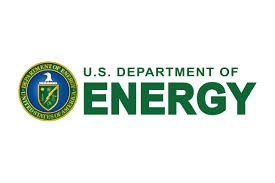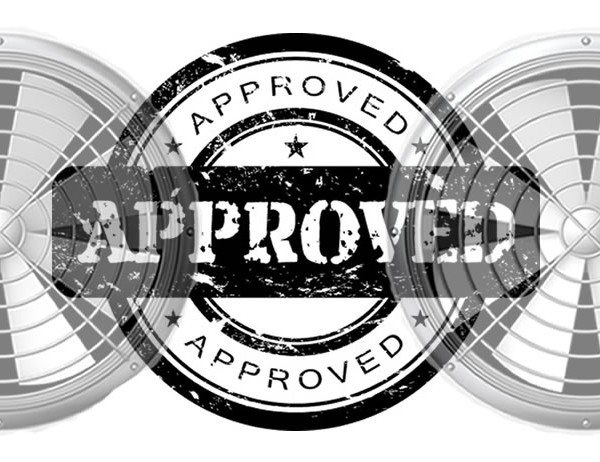AHRI reach settlement with DOE
USA – The Air-Conditioning, Heating, and Refrigeration Institute (AHRI) has announced that it has reached settlement with the Department of Energy (DOE) in a litigation that the institute initiated challenging the DOE’s final rule, issued June 3, 2014, setting energy efficiency standards for commercial walk-in coolers and freezers (WICF). The AHRI had petitioned the DOE for review of the final rule in August 2014.
In briefs filed earlier this year, AHRI argued that the DOE had been guilty of making many mistakes in adopting the WICF Rule, including setting internally inconsistent standards that were unachievable using economically feasible technologies, performing flawed cost-benefit work and failing to properly analyze the impact on small-businesses. AHRI also noted that it had previously given the DOE the opportunity to fix several of the Department’s errors in their earlier petition for reconsideration; however the DOE maintained that it lacked the power to remedy such errors without a court order.
“It is unfortunate we had to file for judicial review, but we are pleased that we have been able to come to an amicable settlement agreement with DOE and other stakeholders,” declared Stephen Yurek, the AHRI President and CEO. “We look forward to the negotiated rulemaking process that DOE agreed to support. This will ensure that the energy-efficiency standards vacated in the settlement for the relevant equipment types are achievable and will deliver the energy savings and continued product utility at reasonable prices that DOE and consumers both expect.”
The settlement, which is pending approval by the 5th Circuit, includes provisions concerning the refrigeration standards for multiplex condensing systems at medium and low temperatures, and for dedicated condensing systems at low temperatures. The DOE has undertaken to support the use of a negotiated rulemaking process concerning the vacated standards, with a targeted completion date of January 2016 for this negotiated rulemaking process.
The DOE has also agreed to align WICF refrigeration enforcement dates by issuing an executive branch policy making clear that it will not enforce the remaining WICF refrigeration standards until January 1, 2020, provided that the anticipated negotiated rulemaking process delivers proposed standards to DOE by January 22, 2016. However, the previously agreed WICF standards for doors and panels are not affected by the settlement.
The DOE has further agreed to consider and substantively address as part of the negotiated rulemaking process any potential impacts of the standards on installers and smaller manufacturers and, within six months, the DOE will initiate a public process to determine how it will address error corrections in future rulemakings. The DOE’s final undertaking was to commit to doing its utmost to finalize the process within one year of the settlement.
“AHRI had little choice last year but to file for judicial review, since DOE was interpreting the law as preventing the Department from making corrections to any final rules – not just this one,” stated Yurek. “So, in addition to the opportunity to return to the drawing board and cooperatively develop lawful and rational standards for this equipment, this settlement will have the added benefit of providing a new means for addressing the error-correction issue in future rulemakings. AHRI will closely monitor what emerges from this new DOE policy initiative to ensure that it will add the necessary transparency and accountability to the energy-efficiency rulemaking process, and reduce the need for future litigation.”















